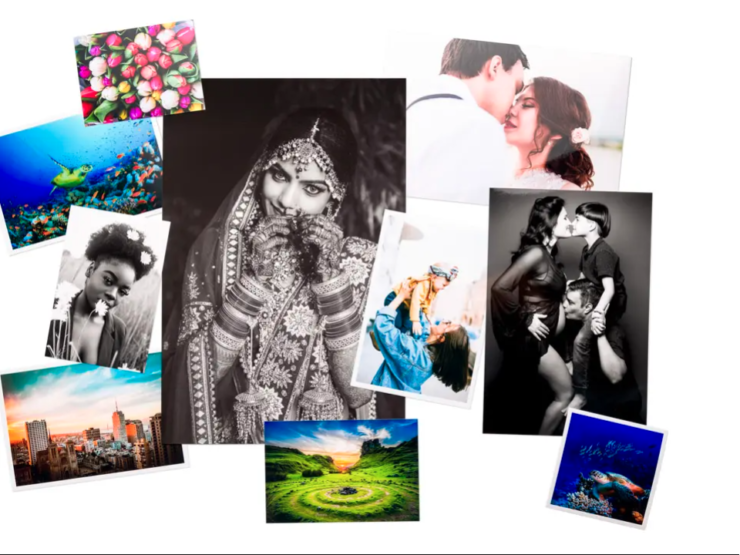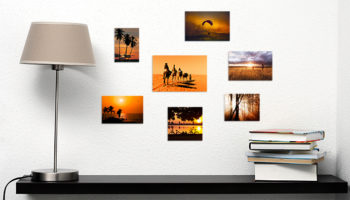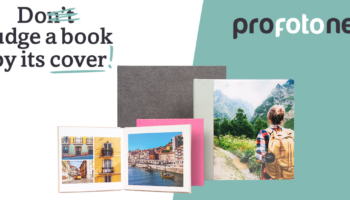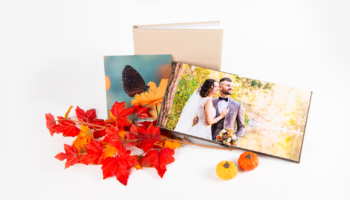
Start with a well‑edited file
If you work in Photoshop or Lightroom, save your image first as PSD or TIFF—to keep all layers and editing flexibility. For printing, export as JPEG with high quality (in Photoshop, preferably quality 9 or 10; in Lightroom, from 80). This gives you a compact yet sharp file—ideal for high‑quality prints.
Which color space should you use?
At Profotonet, you can work in sRGB, AdobeRGB, or ProPhotoRGB. sRGB or AdobeRGB is always safe—especially for standard screens or mobile app exports. However, we recommend AdobeRGB if you want to maximize your colors. This gamut delivers richer tones, especially in nature and portrait photos. Don’t forget to embed the correct color profile on export.
Correct dimensions and resolution are crucial
Many printing problems arise because the file doesn’t match the correct aspect ratio. Always choose dimensions that match the print size you ordered. Classic prints like 30×45 or 60×90 cm use a 2:3 ratio. For square prints, use a 1:1 ratio, such as 30×30 or 40×40 cm. Panoramic prints are also available in fixed widths, like 10 cm or 76 cm.
For resolution: use 320 dpi for prints up to 30×45 cm. For larger sizes like 60×90 cm, 254 dpi is sufficient. This ensures sharp results without unnecessarily large file sizes.
Consider the photo paper width
Profotonet prints photos on fixed paper widths—20.3 cm, 30.5 cm, 61 cm, 91.4 cm, or even 121.9 cm. Matching your photo to these formats avoids cropping or unwanted white margins. For example, if you order a 60×90 cm print, make sure your image is exactly 60 cm wide with the correct height ratio. That way you get the best result without surprises.
A little extra sharpening makes a difference
An image always loses some sharpness during printing. That’s why it’s smart to apply a slight extra sharpening during export. Be cautious though: too much sharpening on large prints can lead to unwanted patterns or moiré. Keep it subtle and always check at 100% display before exporting.
White border? You decide
Some photographers prefer a white border—especially for black‑and‑white or minimalist images. Profotonet prints photos border‑free by default. If you still want a white margin, you can add it yourself in Photoshop on a white canvas. Another option is to select a white border when ordering; it will then be added automatically, about 5% around. Keep in mind that smaller prints may lose some edge detail due to slight overexposure at the borders.
Printing a square photo? Watch these details
Printing a square photo requires extra care. Ensure your image truly has a 1:1 ratio—equal width and height. Decide on your desired print size—say 30×30 cm—and set your export file to those exact dimensions. At 320 dpi, that means a resolution of 3780×3780 pixels. That way you know your print will look sharp and professional.
Ready to print your photo? Check out our offerings and easily order online the format that fits your image.







